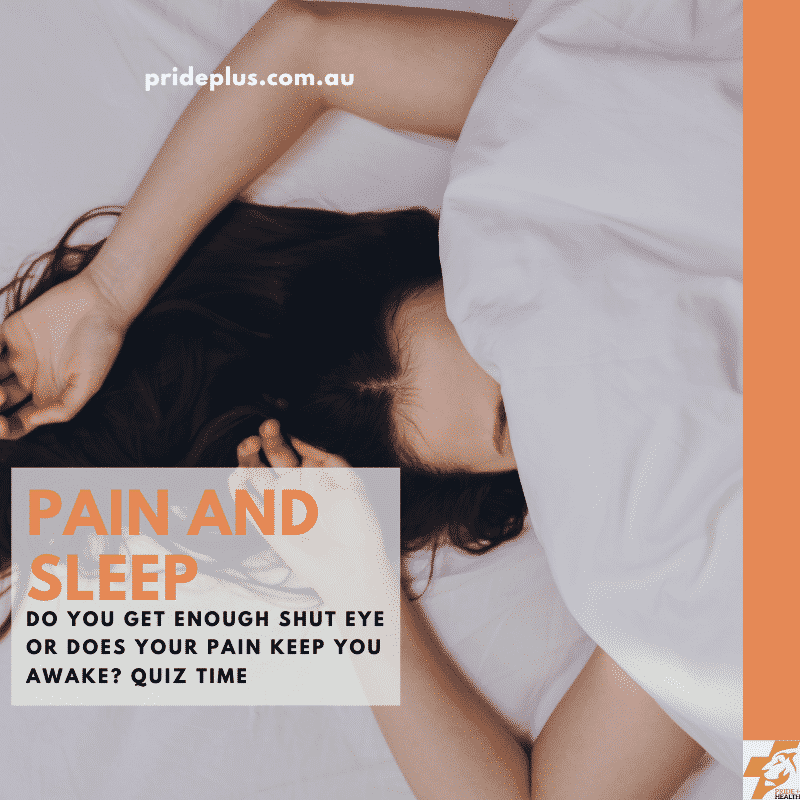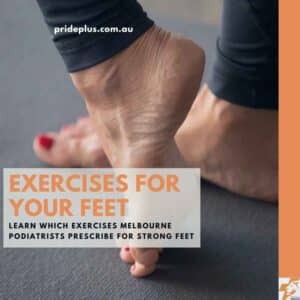You need both pain and sleep to survive. Pain is a signal of bodily harm that motivates you to do something about it. You sleep to maintain homeostasis and optimise all bodily functions.
Pain can influence sleep, and sleep can influence pain.
Can you recall the time when back pain or arthritic pain kept you awake at night?
How pain affects sleep
In order to fall asleep, you must relax, and your nervous system must calm down. This is difficult when you are in pain, as the nervous system is on high alert looking out for potential dangers real or imagined.
It might also be difficult to find a sleeping position that does not make the pain worse.
Healthy sleep comes in waves, and it is normal to wake up multiple times during the night. You aren’t aware of it mostly because you fall back to sleep quite easily. When you are in pain though, falling back to sleep becomes a challenge.
Sleep is a reliable indicator of pain
Recent studies have shown that sleep affects pain more than the other way around.
Danish individuals with infrequent tension-type headaches were more likely to develop chronic headaches at a 12-year follow up if their sleep was interrupted.
A headache-free British sample in another study reported new headache episodes at 1-year follow up if their sleep was affected. The same individuals managed to get rid of their headaches after one year if their sleep was restored!
These studies demonstrate that sleep impairments increase the risk of new episodes as well as exacerbate existing aches and pains. More importantly you can get rid of them if you are consistent with getting a good night’s sleep.
Are you getting enough sleep?
Now we have established that a good night’s sleep is paramount to keeping nasty pain at bay, let’s turn the spotlight on you.
Are you getting enough sleep at night?
You do not need fancy gadgets to find out the answer, all you need to do is take this 2-minute quiz.
When your daytime sleepiness is simply because life happens
If the results of the quiz indicate that your daytime sleepiness is within the normal range for healthy adults, you can assure yourself that it is temporary and reversible.
Sleep is considered an adaptive behavior, the result of habits you have built up over the years. Some habits are not ideal like mindless scrolling through social media at night or googling endlessly to diagnose your pain, ironically depriving you of your sleep and causing more pain in the process!
Sleep Hygiene is a term used to describe good sleep habits. Here is some useful information on how to improve your sleep hygiene.
When your daytime sleepiness becomes a problem
If your daytime sleepiness scores high, you need to sit up and take notice. For it could indicate underlying sleep disorders such as insomnia, obstructive sleep apnoea or narcolepsy.
One study found that 55.4% patients with obstructive sleep apnoea suffered from chronic widespread pain. Therefore treating your pain alone would not suffice.
Start the conversation with your GP today to diagnose and treat the cause of your sleepiness.
About the author

Physiotherapist Naveena Seethapathy wants you to have a good nights sleep. When working in our Pascoe Vale physiotherapy clinic Naveena helps her clients overcome painful injuries which can make getting a good nights sleep really difficult.




